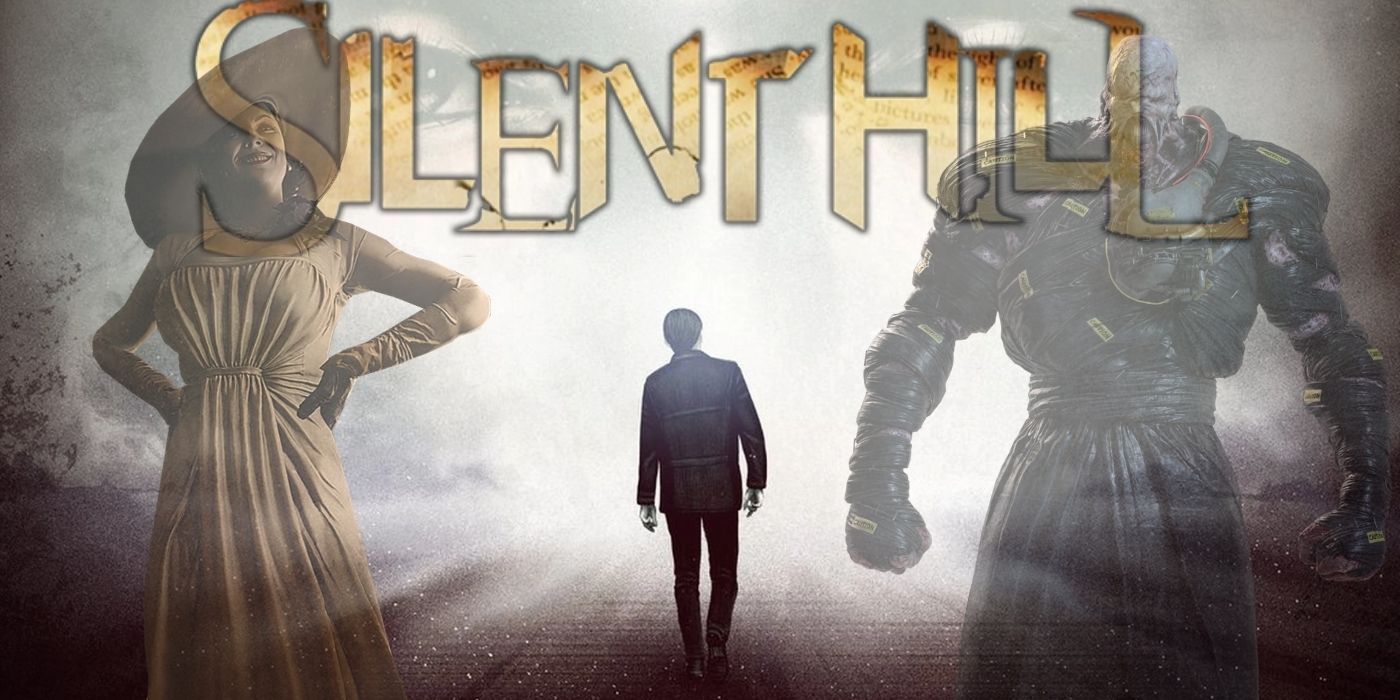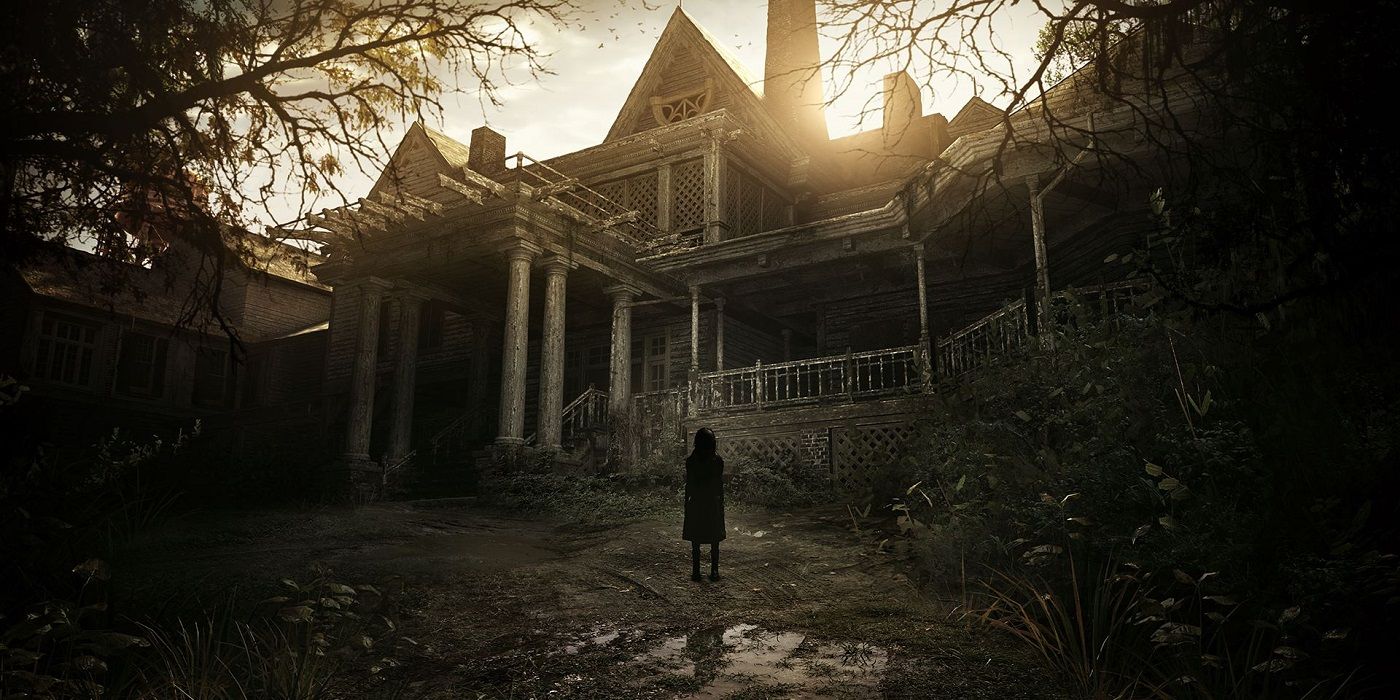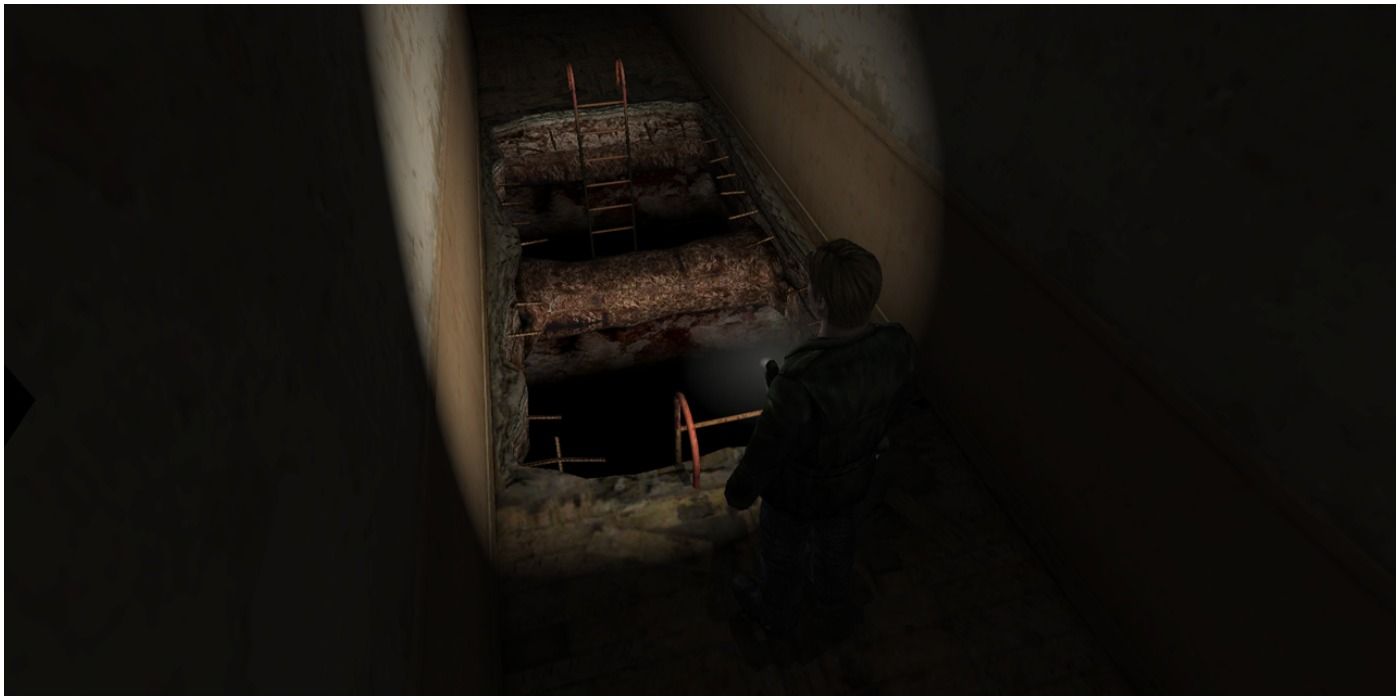
The odds haven't been in Silent Hill's favor for quite some time now, with the once-prestigious horror franchise falling from its once mighty place in the gaming pantheon. First launching on the PlayStation 1 in 1999, Silent Hill immediately grabbed players for its emphasis on cerebral scares and haunting atmosphere over the more action oriented approach the competing Resident Evil franchises centered upon. Although on equal footing at one point in time, flash forward to the present day, and Resident Evil has completely reenergized itself while Silent Hill has almost faded away into a memory.
The series decline began with middling releases like Silent Hill: Downpour, but the biggest upset for the franchise was undoubtedly the cancellation of Hideo Kojima's Silent Hills back in 2015. Ever since then, fans have been scrambling for a sign of a revival, with each passing day leading to more and more disappointment. Things may appear bleak now, but hope remains for the Silent Hill franchise to make a strong comeback sometime in the future.
RELATED: Silent Hill Creator Teases Collaboration With Major Name on New Horror Game Project
If anything, the aforementioned Resident Evil series went through a similar period of struggle prior to its current resurgence as one of the most popular IPs in modern gaming. Considering these shared woes and similar genres between both series, Silent Hill would be wise to take a few notes from how Resident Evil built itself back up.

Even though Resident Evil seems to be at peak performance nowadays, with two successful remakes and the highly anticipated Resident Evil Village coming soon, matters weren't always so positive. Prior to the stunning Resident Evil 7 in 2017, which served as a stylistic reboot of sorts, the series as a whole was experiencing an identity crisis. Resident Evil 5 seemed to mark a sway towards more blistering action than ever before, forgetting the tense survival horror roots where the franchise began. Resident Evil 6 pushed this new trend even further with absolutely bombastic scenarios, completely ignoring the horror element that made the IP so popular in the first place.
Capcom noticed the reception to Resident Evil 6 and seemingly went back to the drawing board to refresh the formula. Ironically enough, it was during this period that Silent Hill seemed to be reclaiming the top spot, with the terrifying tech demo P.T making waves among the gaming community in 2014. Although cancelled as mentioned earlier, the first person perspective clearly struck a chord with audiences, as many horror games continue to adopt this style to this day.
Then, come Sony's E3 press conference in 2016, Resident Evil 7 made a show-stopping reveal and became one of the highlights of the entire show. The "Kitchen" demo for Resident Evil 7 was also made available to players that same day, providing a glimpse of this reformed Resident Evil and satisfying that itch for more of what P.T had teased just two years prior. With that in mind, much of the success this new incarnation of Resident Evil is indirectly because of Silent Hill. First-person seems to be a hit with horror nowadays, and even with all of these new releases, there is still the lingering shadow of what Silent Hills could have been. If and when a new Silent Hill game is to be announced, its first major step should be to confirm that it has retained this first person viewpoint. This can bring about goodwill from fans the same way Resident Evil 7 did for itself years ago.

There are more lessons to be taken from Resident Evil than just a change in perspective, though, as that alone will not completely guarantee success. Resident Evil 7 indicated a serious commitment to building high levels of intensity, causing even the slightest sound to send players into a frenzied panic. With gaming technology the way it is today, Silent Hill has an opportunity to create something just as compelling and terrifying, making good use of modern graphical capabilities and even the PS5's 3D audio settings. P.T already showcased some amazing visuals for the time, something which can be even further improved and help with the immersion of a newer title. Seeing such photorealistic graphics can help trick players into feeling more directly involved with the events on-screen, and make it that much easier to send chills down spines
Another key factor is balancing the quiet, nerve wracking down time with larger, more horrifying enemy encounters. Recent Resident Evil games only feature a handful of enemies to contend with, making the presence of these characters that much more intimate and personal every time they occur. Mr. X in Resident Evil 2 is a great example of this, as he is generally unstoppable, making the player's only option to run away. It isn't a stretch to suggest that Silent Hill is just as capable of emulating this experience, as Pyramid Head in Silent Hill 2 served the same gameplay purpose all the way back in 2001. Just as the player felt safe, his appearance would be a swift reminder never to let one's guard down in this haunting, dreadful gaming landscape.
While this is not to suggest that a new Silent Hill game needs to also have as combat heavy encounters, it is important to build to more pivotal moments with a effective use of subtlety. Silent Hill was once considered to be the pinnacle of the psychological, survival horror experience. If rumors about a Silent Hill reboot are true, it only needs to look to its fellow horror counterpart as a blueprint for how efficiently scare new life into this renown horror series.
MORE: Resident Evil Village Demo Likely Planned for Next Week

